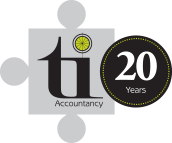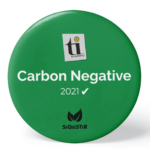As the year end trundles ever closer, employers must start thinking about the dreaded P11d submissions. The P11d’s need to be completed and filed with HMRC by the 6th July 2017.
If you’re in any doubt what a P11d form is and whether you need to complete one, let me give you the low down. P11d’s are filed by an employer (one for each employee) where employment benefits have been provided to the employee during the tax year. As well as the P11d, a P11d(b) must also be completed. This is the form that details the any N.I contributions due on the benefits that have been provided at a rate of 13.8% which is due by the 19th July. The forms can be filed using HMRC’s online PAYE service if required and they must also be given to the employees so they are aware of what their total taxable benefits will be for the year.
The complicated ‘dispensations requests’ has been abolished for this tax year, meaning that where expenses with no actual taxable benefit are claimed by an employee, there is no longer any need to submit a P11d. In the past these expenses would be reported on a P11d and the employees would also need to claim the equal amount back as an allowable expense on their tax return to avoid paying unnecessary tax. Providing the expenses meet HMRC criteria listed here, then they will be exempt and not need reporting on a P11d.
So which benefits do need to be reported on a P11d?
Typical benefits that need to be reported are:
- Private Medical Insurance
- Company cars and fuel
- Interest free loans
- Staff entertaining if it’s above £150 per employee
- Anything provided to an employee that has an obvious personal benefit
So, with all that in mind, I hope your tax year comes to a peaceful end without too much hassle and without too many P11d’s!





